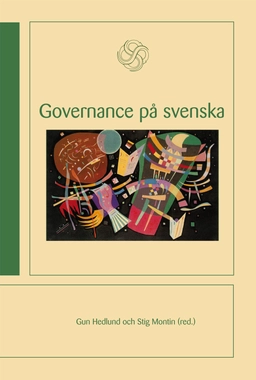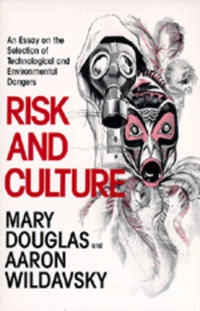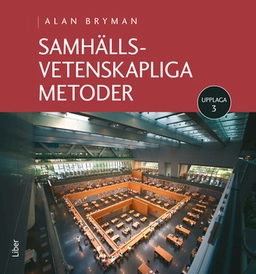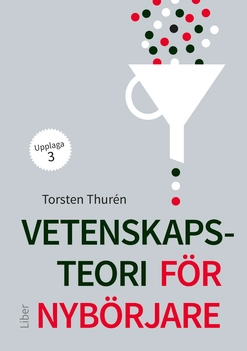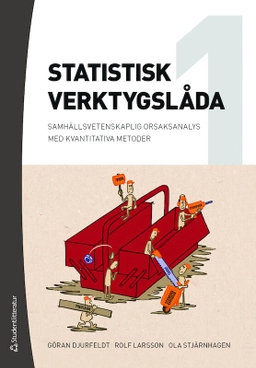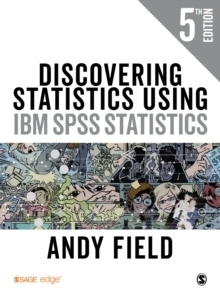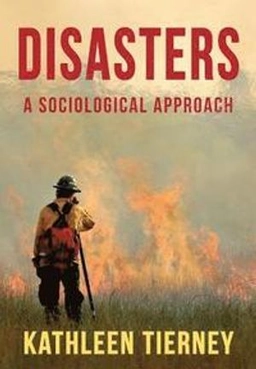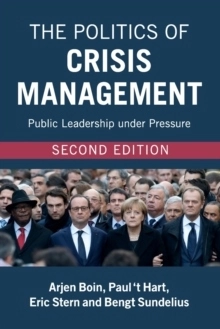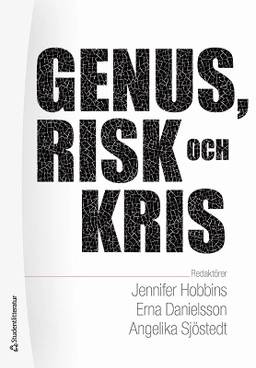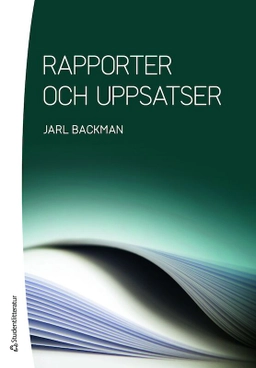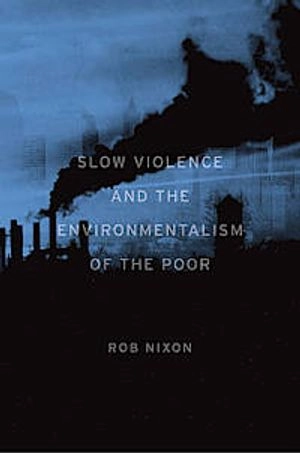

Slow violence and the environmentalism of the poor
- Utgiven: 2011
- ISBN: 9780674072343
- Sidor: 368 st
- Förlag: Cambridge, Mass. Harvard University Press
- Format: Häftad
- Språk: Engelska
Om boken
Åtkomstkoder och digitalt tilläggsmaterial garanteras inte med begagnade böcker
Mer om Slow violence and the environmentalism of the poor (2011)
2011 släpptes boken Slow violence and the environmentalism of the poor skriven av Rob Nixon. Den är skriven på engelska och består av 368 sidor. Förlaget bakom boken är Cambridge, Mass. Harvard University Press.
Köp boken Slow violence and the environmentalism of the poor på Studentapan och spara uppåt 27% jämfört med lägsta nypris hos bokhandeln.
Referera till Slow violence and the environmentalism of the poor
Harvard
Oxford
APA
Vancouver

